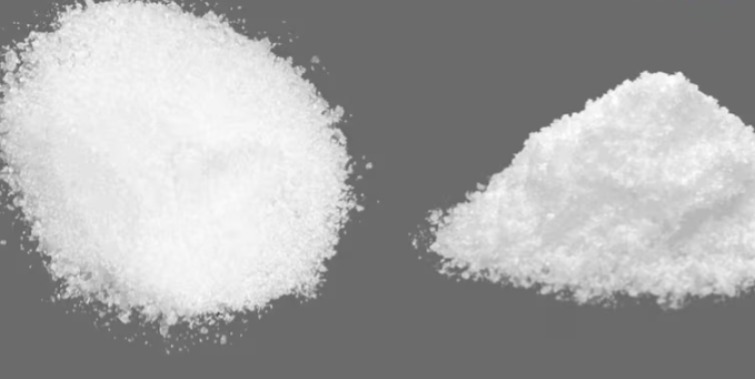
Unhealthy Foods: Sugar, salt and oil are used a lot in all our homes. Consuming these three in excess can cause serious damage to health. There is a risk of many dangerous diseases. FSSAI, which monitors the quality of food items, has also accepted that oil, sugar and salt should be consumed in minimum quantity. Excessive consumption of these three is no less than poison. Due to these there is a risk of high blood pressure, diabetes, heart disease and even cancer.
How dangerous is sugar, salt and oil?
1. Obesity
Eating too much oil increases calories, which can lead to obesity and related problems. Excessive consumption of oil can increase heart disease, diabetes and high blood pressure. Oils containing saturated and trans fats increase bad cholesterol (LDL), which can increase heart disease. Eating too much oil can also cause problems like indigestion, acidity and constipation.
2. Diabetes
Sugar is very high in calories, which can increase weight. Excessive consumption of sugar increases the blood sugar level, which increases the risk of diabetes. Sugar is also not good for teeth. Eating sugar initially increases the energy level and then it starts decreasing, due to which fatigue and lethargy are felt quickly.
3. High BP
Salt retains water in the body, which increases blood volume and blood pressure. Chronic high BP is a major cause of heart disease and stroke. High sodium intake increases the risk of heart disease and heart attack.
4. Kidney disease
Kidneys filter extra sodium from the blood flow. Sometimes, due to excess salt, the kidneys are unable to do this work properly. This can lead to kidney disease and in severe cases, kidney failure.
5. Osteoporosis
High-salt foods can increase calcium loss in the urine, which can weaken bones and increase the risk of osteoporosis, especially in women after menopause.
6. Stomach cancer
Many studies have shown that eating too much salt increases the risk of stomach cancer. Eating too much salt damages the stomach lining, making it more susceptible to infections and cancer.
--Advertisement--

 Share
Share



